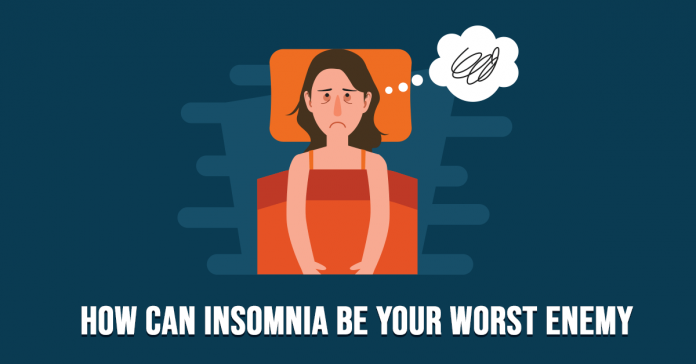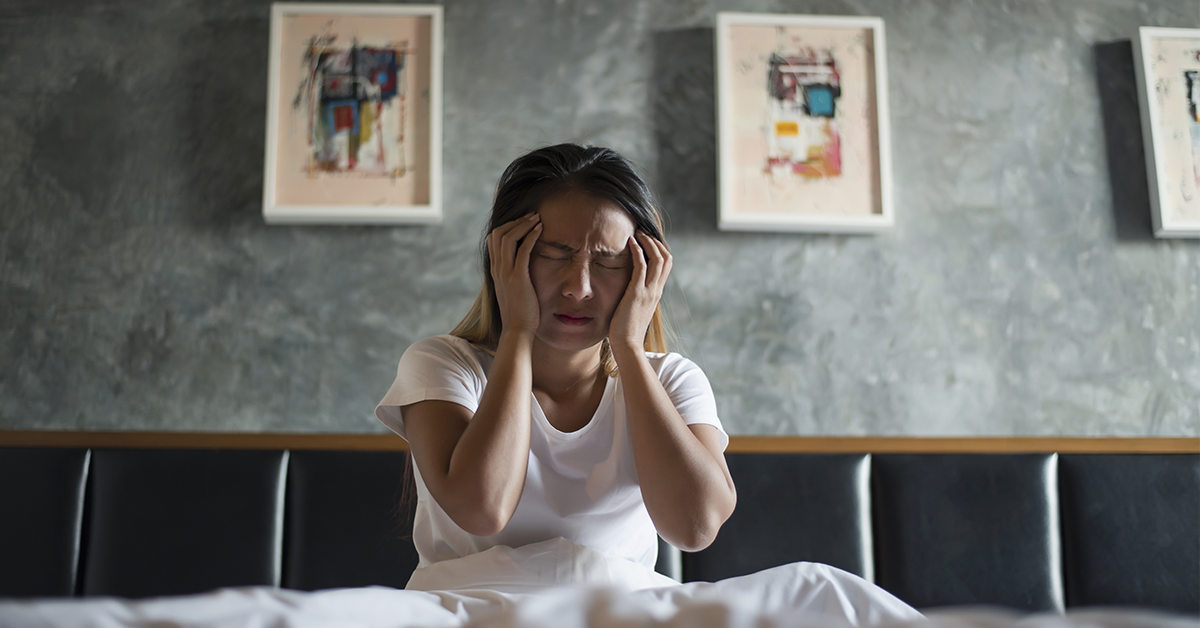Feeling a little on edge? or are you constantly haunted by the agonizing restlessness? , a huge percentage of adults suffer from insomnia or a at least a form of a sleep disorder, if not complete deprivation. due to the high pressure and stress we go through day to day, it can be awfully difficult to be swept away by the sweet comfort of sleep and rest.
You lay your head on the pillow after a long hard day of work, stressful social situations, deadlines, money issues, and physical exhaustion, it can be more than devastatingly draining.
But instead of a long nice night of sleep to recharge,
Insomnia Problems
Each person has their own personal reasons to the rocky uneasy relationship with sleep, for some it began at a younger age, while others, didn’t meet their destiny with their insomniac enemy to a later age.
Although it can be a clinical issue for some, needing a professional
Otherwise it becomes a vicious cycle of staying up late, staring at the ceiling wondering and contemplating what you did or didn’t
If not dealt with properly, if not addressed and understood as to what is causing your insomnia, it can be a painful endless consuming battle, there are however tools to help you win the battle instead of constantly fighting it and losing.
Almost everyone can have insomnia problems at some point in their lives. There is no typical personality profile, but some factors will increase the risk of having insomnia problems:
– Aging:
People suffer more from insomnia by advancing in age, because the aging of the brain changes the functioning of the biological clock.
– Being a woman:
In general, women seem more prone to insomnia while men are more prone to other disorders such as sleep apnea. Hormonal changes (menstruation, pregnancy, menopause) may partly explain why women are more affected by insomnia.
– Have a family history of insomnia:
It seems that having in the family of people suffering from insomnia is a risk factor, although the genetic link has not been demonstrated.
– Tendency to repress emotions:
This can translate into physical problems including insomnia. People who do not express their emotions during the day tend to drag their problems to bed. Inevitably, they worry and their efforts to get rid of unwanted thoughts rarely work.
Read : Significance of Maintaining a Healthy Lifestyle to Get Pregnant Fast
Anxiety Depression Surpessed Emotions
– Anxiety and hypervigilance:
Anxious or hypervigilant people can not decompress at bedtime. On the contrary, it is when there is no more distraction that the thoughts return in force at the time of going to bed.
– Mental and physiological hyperactivity:
Mental hyperexcitability is one of the most important characteristics. The thoughts jostle and the person fails to empty. The body accompanies this state: muscular tension, rapid heartbeat, and high body temperature.
– Drugs and substances:
The list of substances that disrupt sleep is very long (eg coffee, tea, tobacco, alcohol), and insomnia is one of the side effects of many medications.
– Chronic diseases:
Several chronic diseases increase the risk of insomnia: asthma for example, heart failure, gastroesophageal reflux, arthritis, chronic pain etc.
Consequences of chronic insomnia, can be a a long list of a variety of effects such as Dementia, Memory loss, Depression, Brain damage , Unregulated heart beats
Suffering from chronic insomnia causes various types of consequences. First of all, fatigue during the day (which is different from drowsiness) This often results in mental lethargy and problems of concentration and memory. Motivation is also diminished and a great effort is required to accomplish what is usually a simple task. Physical clumsiness can also make people more vulnerable to accidents (road accidents, work accidents).
Surprisingly, drowsiness is not widespread even in severe insomniacs. Those who suffer from insomnia are usually over-excited, day and night.
Acute insomnia can cause considerable psychological and emotional distress, especially when it is perceived as a loss of control. Those who struggle every night against these kinds of difficulties become more often irritable, tense and depressed. People who suffer from chronic insomnia may also develop a feeling of helplessness: whatever they do, nothing seems to make their sleep easier. An untreated insomnia that lasts beyond one year exposes the person to a risk of depression.
The impact on morale can make interpersonal relationships (families, friends, colleagues) more difficult. It can go as far as social withdrawal and avoidance of people.
It is now clear that chronic insomnia is associated with an increased risk of having many health problems. Insomnia disrupts the control of satiety and increases the attraction to fatty and sugary foods, and therefore makes you fat. In people with hypertension, insomnia will increase and aggravate the problem.
First, if your sleep problems are chronic, you should talk to your doctor. Many health problems can affect sleep, including respiratory or hormonal problems; such a poorly tuned thyroid treatment.
Go to bed and get up at fixed times
If at age 18 it is easier than 50 years to recover from an evening in a nightclub, it is because the biological clock becomes more sensitive. Circadian rhythms (sleep / wake alternation) need to be respected. If possible, try to go to bed and get up at fixed times, even on weekends.
Turn Off The Little Screen
Turn off the computer at least an hour before going to bed.
It is often easy to find a stimulating occupation when falling asleep. Learn to book these activities for other times. Screens stimulate awakening areas in the brain and slow the production of sleep hormones, especially when intellectual abilities are required, as is the case on a computer. Television has the same problem but to a lesser extent because of less intense brain activity.
Read : The Most Common Problems Parents Go to The Pediatrician For
Check the bedding
This advice may seem absurd but we spend almost a third of our life in a bed. No wonder, then, that bedding that is in poor condition or unsuitable can cause muscular problems and sleep disturbances. Check the status of the latter and if necessary, change the advice of several professionals to not spend a fortune in a purchase you regret.
Create a ritual
Sleep is not a brutal act that
Here is an example of a ritual for a bed at 11:00 pm: dinner at 8:30 pm with family, television from 9:00 pm to 10:00 pm with the children then brushing teeth and
Take a dietary supplement (or medicine)
There are some effective dietary supplements against sleep disorders. Depending on the type of insomnia (difficulty falling asleep, early awakening) or even in case of jet lag.
Use essential oils
Lavender oil is renowned for its relaxing and anti-stress properties. In case of difficulty falling asleep you can put a few drops in the bath water or under the pillow. It is also possible to use a diffuser of essential oils that will slowly diffuse a chosen quantity.
Articles you may like to Read :
Puberty: The Ultimate Guide For Young Women
Tips to Follow to Eliminate Your C-section Scar From Your Body
WOMEN STICK TOGETHER, SHARING IS CARING!








